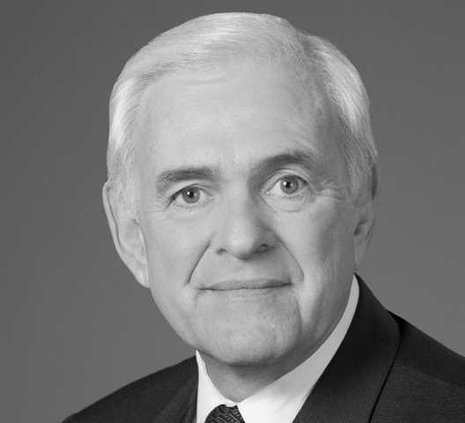Before we get too immersed in the news that caused national self-congratulations, let’s remember why it was news at all. A Minneapolis jury convicted policeman Derek Chauvin of three murder charges nearly a year after he killed George Floyd. The jury simply could not ignore the fact that Chauvin kept his knee on George’s neck for almost nine and a half minutes, squeezing the life out of a struggling-against-arrest man who had repeatedly screamed, “I can’t breathe!”
Not only that, but Chauvin, a veteran of the force, was almost casual about it. At one point he had his hands in his pockets as he and three other officers subdued Floyd. We know all this because their fatal acts were captured on video. The policemen were emboldened, perhaps, by the fact that law enforcement officials in the United States are rarely convicted of using unnecessary deadly force, particularly if the alleged perpetrator is a person of color. “Alleged” is an important word here, because it turns out all the perp is really guilty of in disproportionate cases is being black.
But this time, in the aftermath of the cop’s egregious cruelty, the jury found Chauvin guilty of all three charges. George Floyd had become a symbol of police violence against minorities over the generations. His desperate “I can’t breathe” gasps became the roar of the millions of protestors worldwide who were finally fed up with America’s signature racism.
“This is a day of justice in America,” said Vice President Kamala Harris to the families after the jury verdict was announced. President Joe Biden called it “a step forward” at the same White House event. It should have been a routine verdict, considering the overwhelming evidence. But it was remarkable considering this country’s history of brutal suppression.
Biden and Harris’ remarks carried with them unmistakable sighs of relief, considering that crowds of thousands were assembled in cities across the nation, waiting to protest anything but a satisfactory outcome of the trial. Otherwise, they were fully prepared to re-create the street confrontations that the event sparked nearly a year ago.
So it was a “step forward,” as President Biden said. But it only happened after so many steps backward. It took a murderous civil war to extricate the nation from evil slavery. However, that was soon replaced by the quasi-slavery of Jim Crow. White bigots controlled the lawmaking process; white-hooded vigilantes marauded as law enforcement. The reaction to courageous civil-rights acts was that white bigots immediately tried to forestall them. It continues to this day, our nation still split on the complexities of racism.
The fact is glaring. Inequity affects just about every facet of American life. True, we have advanced beyond the plantation, having taken teeny steps to accepting unequal schools, housing and, most tragically, law enforcement.
As we saw on Jan. 6, so many white supremacists are willing to fight another civil war for apartheid. But it’s not only them. The white people not on the fringes are all too willing to live comfortably with what has been labeled “white privilege,” conveniently oblivious to advantages that are only feasible with someone else’s disadvantages ... someone of color.
In the pandemic, a disproportionate number of poor and minorities were ravaged by COVID, explained by a shortage of medical care, transportation and good schools that are not accessible in their neighborhoods.
So yes, the Chauvin verdict was good news, but it does not overcome a history of deadly police violence that continues to this day, and a history of blatant inequities that will take a lot of changes and sacrifice that many white Americans have not indicated we’re willing to surrender.
Bob Franken is an Emmy Award-winning reporter who covered Washington for more than 20 years with CNN.
(c) 2021 Bob Franken
Distributed by King Features Syndicate, Inc.

